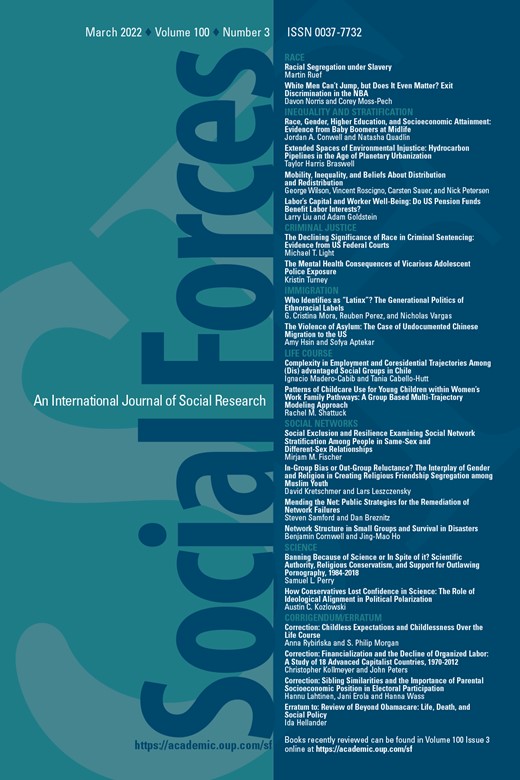-
Views
-
Cite
Cite
Laura E Hirshfield, Sarah M Russel, Review of Why Surgeons Struggle with Work-Hour Reforms, Social Forces, Volume 100, Issue 3, March 2022, Page e15, https://doi.org/10.1093/sf/soab110
Close - Share Icon Share
Extract
In 2003, in response to widespread safety concerns related to sleep deprivation in medical residents, the Accreditation Council for Graduate Medical Education (ACGME) implemented changes to the rules that governed how many hours residents could work per week (Drolet, Spalluto, and Fischer 2010). In 2011, these rules were further amended to include the mandate that first-year residents could work no more than 16 hours continuously and must have in-house supervision (Drolet et al. 2010). These new guidelines for duty hours represented major transformations in medical training and were met with widespread resistance. In Why Surgeons Struggle with Work-Hour Reforms, James Coverdill and John Mellinger use the particular case of surgeons, one of the specialties that has been the least compliant and most opposed to work-hour reforms, to explore the structural and cultural factors that contribute to such resistance. As they explain, duty hour restrictions led to significant change in the social organization of residencies, in particular, the widespread adoption of night float and cross-coverage of patients (i.e., when a team of residents who do not have primary responsibilities for patients’ care and thus “cover” care across surgical services are assigned to care for patients overnight) as well as increased or shifting work expectations for attendings and other health professionals. These changes have led, in turn, to shifts in the culture of patient care, impacting norms related to professionalism, fatigue, and efficiency.



